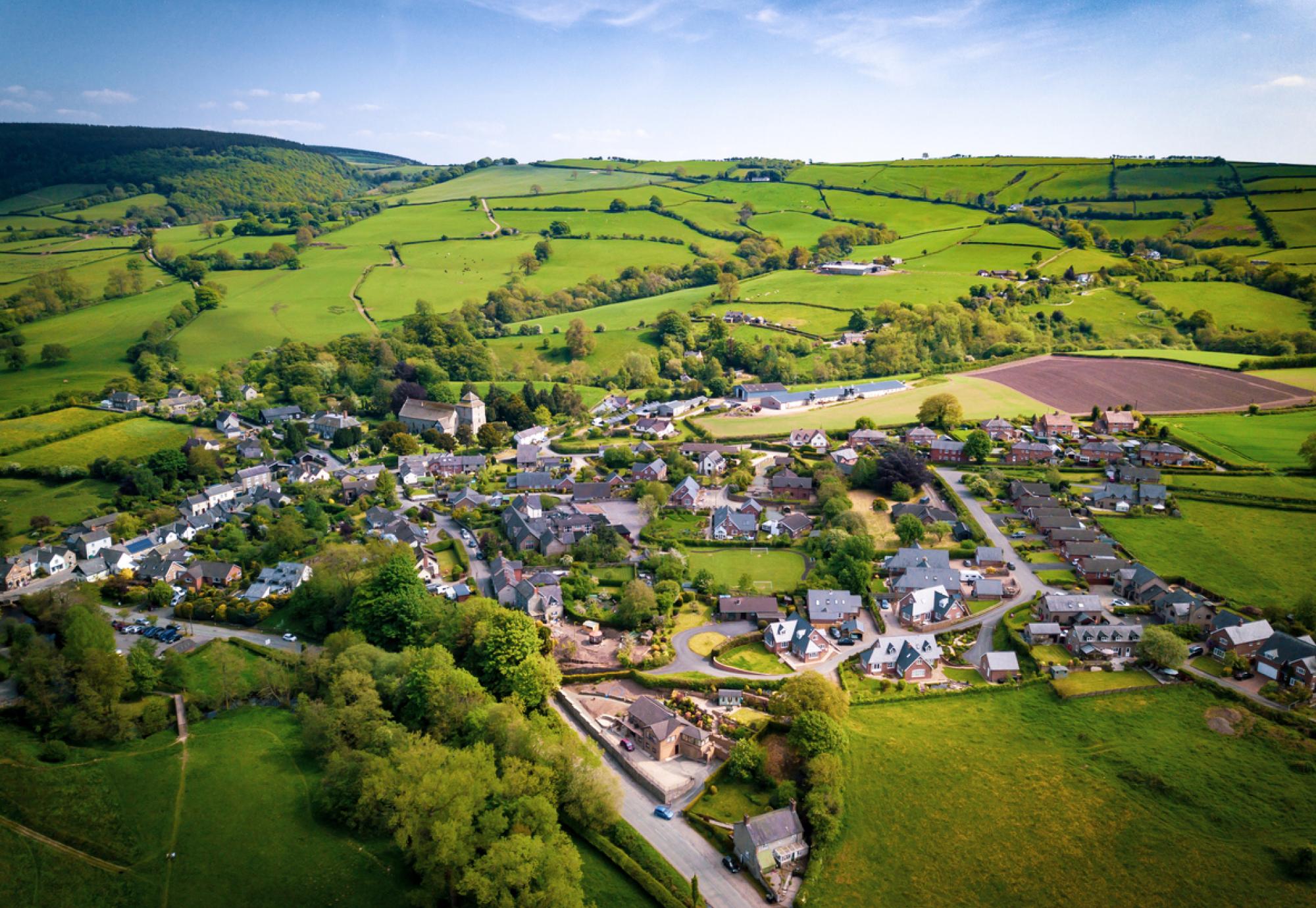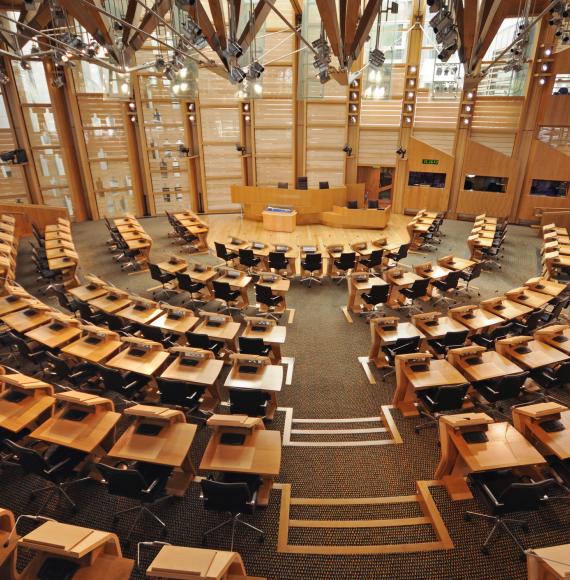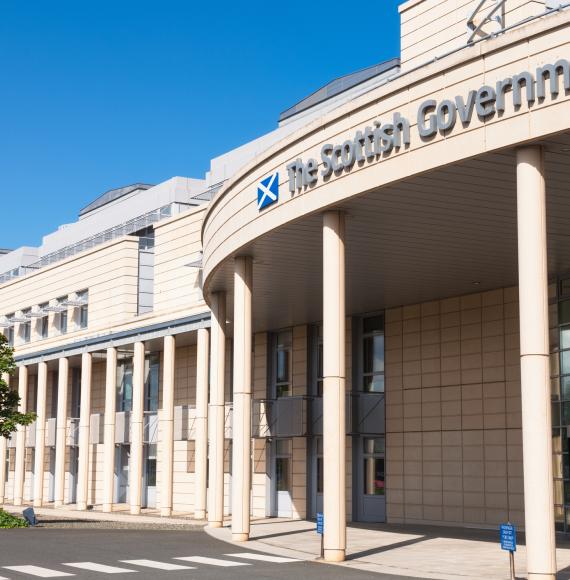The UK government has announced that wider access to wireless networks in remote communities is part of the government’s drive to grow the rural economy.
Testing the combination of satellite, wireless and fixed line internet through a new £7 million fund will help farmers, as well as tourism businesses, to access new, faster, more reliable connectivity in remote areas of the country. The results of the tests will also help these communities to make the most of new agricultural technologies through improved connectivity on their land. Examples of this being done include using drone technology to monitor crops and livestock in real-time, supporting landscape and wildlife conservation efforts, and developing interactive experiences for tourists.
Earlier this year, the government made a commitment to delivering improved, high-speed broadband for up to 35,000 homes in the most remote parts of the United Kingdom, often delivering a broadband connection that is up to ten times faster than the connection currently available. This would be done through an £8 million grant scheme and the funding is simply one of a number of steps that the government is taking to boost communities in rural areas through the following means:
- Housing
- Transport
- Digital Connectivity
- Employment opportunities
The publication released today, Unleashing Rural Opportunity, outlines the ways that the Prime Minister intends to prioritise economic growth, better job creation, and opportunity around the country. With rural areas already contributing 15% of England’s economy, the programme is seeking to unlock even more growth.
Prime Minister Rishi Sunak said:
“I have pledged to build a better future for people in this country, and our rural communities are right at the heart of that promise.
“That’s why I’m determined to make sure that their interests are front and centre of all our work to grow the economy and strengthen our communities – so that every part of our country gets the support it needs to thrive.”
A network of Rural Housing Enablers will be created in order to increase the supply of new, affordable housing in rural areas, with the Enablers acting as honest brokers between communities and developers. They will be supported by £2.5 million of funding and will assist by identifying sites that have local support for development and will be in keeping with the local area.
Cutting red tape is also a way that the government is looking at making it easier for farmers to change their redundant buildings into family homes, this has the potential to make planning rules more generous through a more streamlined planning process whilst also giving local authorities the power to safeguard against second homes and holiday lets.
Therese Coffey, Environment Secretary, said:
“The countryside makes up over 90% of the UK’s land mass, it is home to millions of people, and contributes over £250 billion to our economy in England alone. Rural areas are rich in human and natural potential with strong communities and entrepreneurial businesses.
“This government is committed to making sure that the needs of the people and businesses in rural areas are at the heart of policymaking. We want to go further in unleashing that potential and support people in rural areas to build the sustainable future they want to see. Unleashing Rural Opportunity sets out what we have already delivered for rural communities and new initiatives to build on that record.”
With the plan being split across the four broader themes, it also includes ideas to:
- Consult on how remote communities can get online by encouraging fixed wireless access and satellite services.
- Improve local transport through a Future of Transport Rural Strategy, setting out plans to improve services, tackle isolation and increase employment access.
- Extending the scope of the Platinum Jubilee Village Halls Fund from Autumn 2023 to help more communities access funding for village halls.
- Recognising the role of public libraries as hubs for many rural communities by publishing a new public libraries strategy.
- Reviewing how deprivation is measured in rural communities to ensure that local interests are represented better.
- Legislate to increase the penalties for fly-tipping and littering whilst also consulting key stakeholders on ringfencing the use of the fines to fund further fly-tipping action.
- Increase funding for the NSPCC’s national rural crime unit, helping to cut crime and keep communities safe.
- Continuing with delivery of better mobile and broadband coverage by delivering the £5 billion Project Gigabit across the UK at pace.
- Set out further reform to improve rural access to NHS Dentistry, through the publication of a Dental Plan.
- Ensuring that electricity infrastructure is supported in rural areas to ensure that it keeps up with the needs of the communities.
- Establish a new fund to support smaller abattoirs as they look to improve productivity and enhance animal welfare.
- Consult on planning changes to improve flexibility around agricultural development so that farmers can amend their existing agricultural buildings for productivity.
Secretary of State for Levelling Up, Housing and Communities, Michael Gove, said:
“We want more local people to reap the rewards of homeownership while maintaining the special character of our beautiful landscapes.
“We will be unblocking a new pipeline of rural housing as we continue to reform our planning system and offering greater freedoms on farm buildings to support a new supply of affordable homes and businesses.
“Our commitment to build more affordable homes is why we are investing £11.5 billion over five years in our Affordable Homes Programme.”



















